When Evelyn was thirteen years old, her brother became seriously ill and she went to her village’s Apostolic church to seek help from one of its spiritual healers. The African Apostolic Church mixes evangelical Christian beliefs with traditional culture and has over a million followers in Zimbabwe. Colloquially, it is called the “White Garment Church” because its devotees wear spotless white robes and worship outdoors under white banners. Drive through Harare on Friday, the Apostolic day of worship, and you’ll see groups of white-robed worshipers gathered in open-air churches in fields or under Zimbabwe’s namesake rock formations.
Evelyn prayed fervently at the White Garment Church for her brother’s recovery. After the service, the Apostolic healer asked Evelyn to remain behind and speak with him. She agreed, hoping that he would offer a special prayer for her brother. Once the other worshipers had left and they were alone, the priest raped her.
When Evelyn told her parents about the assault, they confronted the healer, even though he was the son of the local chief and had considerable influence in their village. Evelyn’s attacker offered to marry her, saying that he would pay Evelyn’s father Lobola, or bride price, and compensate him with cattle.
Evelyn wanted nothing to do with her attacker—he was in his fifties and she was only thirteen—but her parents forced her to marry him because she was no longer a virgin and they believed that her lack of virginity brought shame to the family.
Evelyn’s marriage was not a happy one. Her husband had four other wives, all of whom were young women or girls, and she soon discovered that he was both physically and sexually abusive. Evelyn did not want to have children in this environment and began taking family planning tablets, but her husband discovered them and beat her. Members of the African Apostolic Church often seek to elevate their standing within the congregation by having many children whom they can bring into the church as new followers.
When Evelyn discovered she was pregnant, she attempted to escape, but her husband found her and dragged her home. “Every five months, I would try to run away,” she told the Woman Advocacy Project. “But he would look for me everywhere and find me. I once tried to take my son and run, I went to my brother’s house, but I saw him coming in the distance and I fled. I went to my aunties’ place, but he didn’t have any trouble locating me there.” After one of her attempts to escape, Evelyn’s husband took all of her clothes and hid them in order to prevent her from leaving.
After several years and six unsuccessful escape attempts, Evelyn managed to flee to Harare. Although she was finally free of her husband’s violence, she had to leave her son behind—a choice that she still finds tremendously painful. Evelyn’s husband is now the chief of their village and he has considerable influence over the local courts, which have awarded him sole custody of the child. In secret, Evelyn used to visit her son at school; when her husband learned of the visits, the school banned her from the premises. Her husband has threatened to notify the police if Evelyn tries to contact her son again. It has been more than three years since she last saw the child.
My last few posts have discussed how poverty, limited access to education, inadequate knowledge of sexual and reproductive health, and harmful social norms fuel child marriage in Zimbabwe. In this post I’ll take a look at another cause of early marriage: the harmful practices that are common in African Apostolic sects.
Child marriage, forced marriage, and other human rights violations, including virginity testing, are widely practiced among Zimbabwe’s Apostolic groups, and particularly in rural areas. Many of these congregations discourage girls’ education and forbid married girls to attend school. According to a UNFPA report, rates of child marriage are significantly higher among Apostolics: 23% of Apostolicadolescents are married, compared to 9% of adolescents who belong to traditional religious communities.
Apostolic Church doctrine places a high value on virginity. Girls as young as twelve are often pushed into marriages—usually too far older men—in order to ensure that they do not become sexually active out of wedlock. As one woman member of an Apostolic church in Zimbabwe reported to Human Rights Watch, “As soon as a girl reaches puberty, any man in the church can claim her for his wife.”
These marriages are sometimes forced. “Some men in these [Apostolic] churches claim to have dreamt being married to you, they say, ‘you were given to me in spirit’ and you are forced to go to him,” a girl in rural Zimbabwe told UNFPA.
Several young women told WAP that young girls are often lined up and chosen for marriage by White Garment Church elders. This selection usually follows “virginity testing,” or the insertion of fingers into the vagina in order to confirm that the hymen is intact. (The World Health Organization calls this practice a human rights violation that has no scientific grounding.) “If found to be virgins they get marks on their foreheads. Older men in the church will then choose these ‘fresh girls’ to become their wives, often joining polygamous unions. If a man marries a woman who is not a virgin, she is required to find a virgin girl for her husband to marry as compensation,” said Archbishop Johannes Ndanga, president of the Apostolic Churches Council of Zimbabwe.
Polygamy is common in Apostolic sects. Zivanai, a 28-year-old member of the Apostolic faith, told WAP that when she was eighteen years old, she married a man who had two other wives. “His first wife has six children, his second wife has four,”Zivanai said. “We all stay with him and each night he goes in a circle, from one woman to the next.”Over the past ten years, Zivanai has given birth to four children and is currently pregnant. Her husband does not provide any financial support and none of her children are attending school.
The Apostolic sect rewards men who bring many children into the church as followers. This rewards system incentivizes husbands to have more wives and children than they can support. As a result, these unions often lead to poverty and leave women and children vulnerable to domestic abuse. “My father had six wives and there were twenty-six children,” Rudo, a young woman living in Chitungwiza, told WAP. “My father was praying with the White Garment Church. That is the culture. When you are growing in the church, you have many wives to bring in more followers.”
Rudo’s father was often violent. After several years of abuse, Rudo’s mother and two of the other wives ran away.“After my mother left, there was no one to take care of me, no one cared for me,” she said. Her brother would hit her and Rudo felt alone and helpless. “I sought out a boyfriend because I faced a difficult situation at home,” she told WAP. When she was seventeen, she was seen out with a boyfriend. Worried that she was no longer a virgin, Rudo’s family forced her to marry the boy. Today Rudo and her husband are still together and have five children.“I’m not happy in my marriage. I feel like I’m living my mother’s life,” she says.
In recent years, several Apostolic church leaders have pledged to end child marriage in their congregations, but these efforts have yet to reach many communities throughout Zimbabwe. WAP calls on all Apostolic sects to respect women and girls’ rights by ending child and forced marriages, committing to women and girls’ equality, and discontinuing the degrading and unscientific practice of virginity testing.
Names and identifying details in this story have been changed.
Posted By Alexandra Kotowski (Zimbabwe)
Posted Aug 10th, 2018


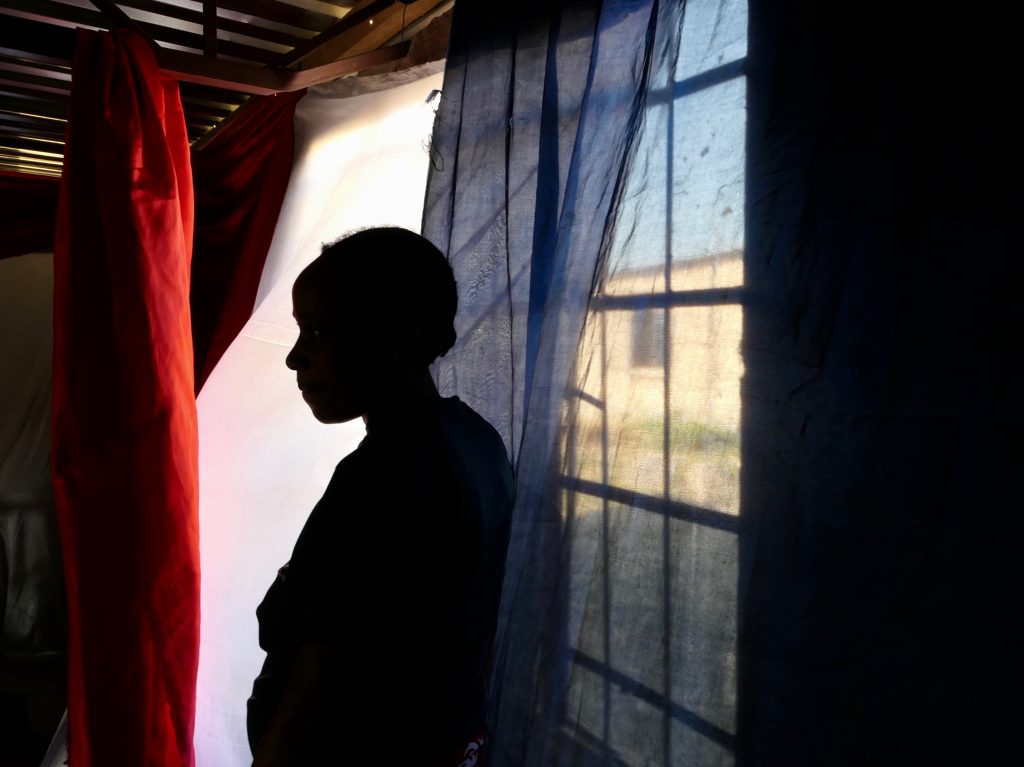
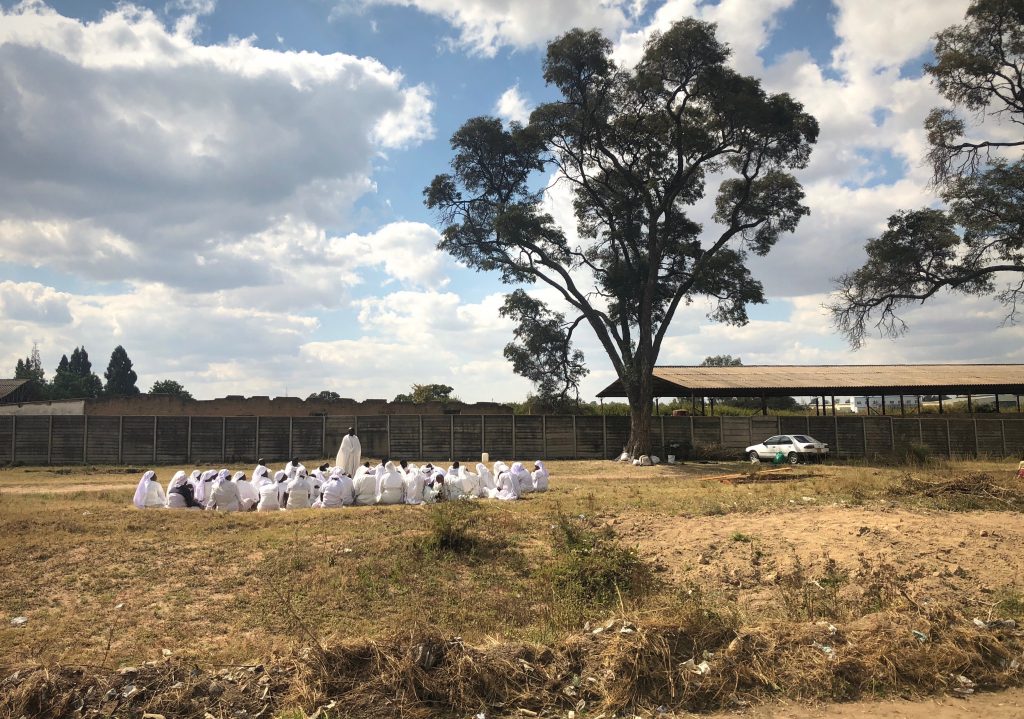
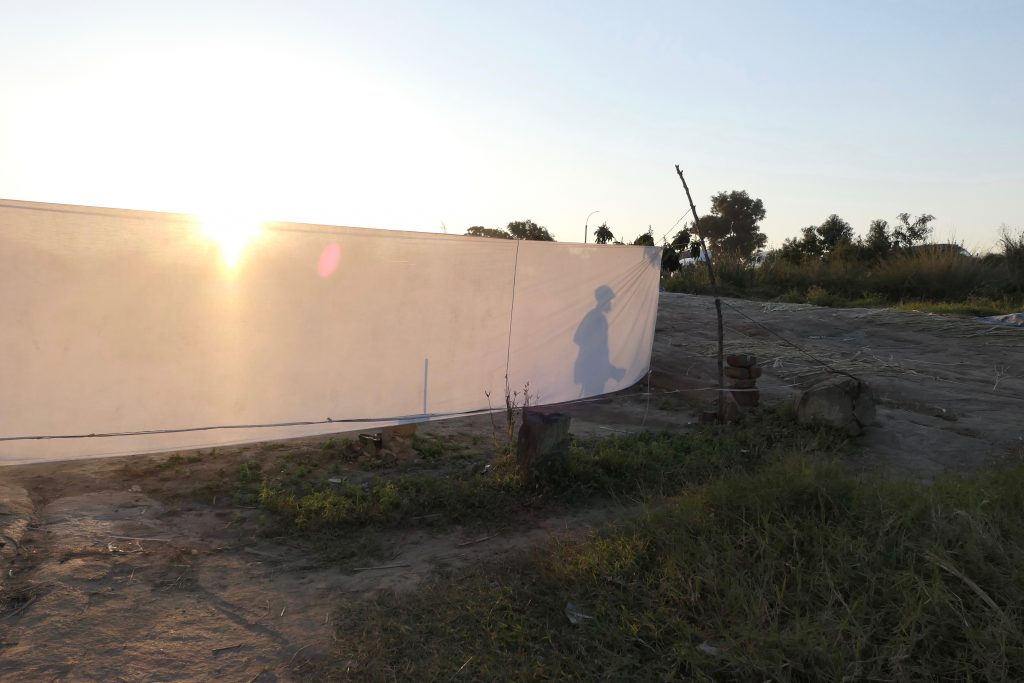
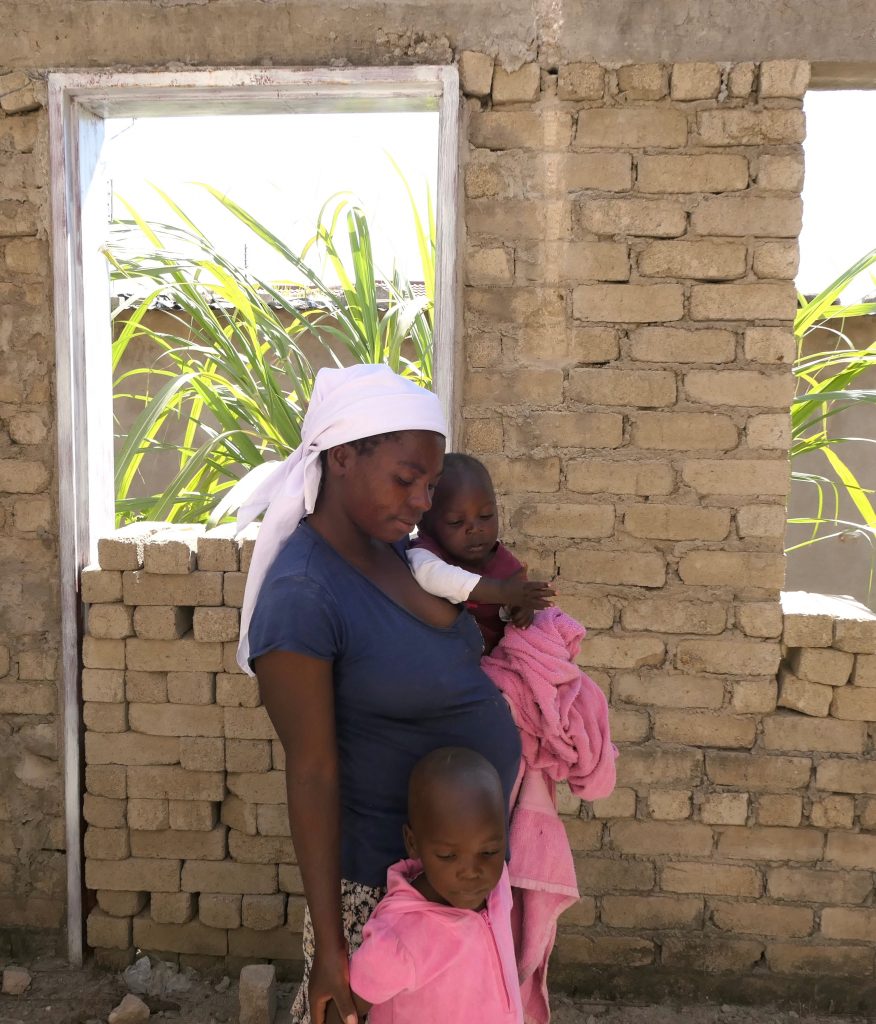
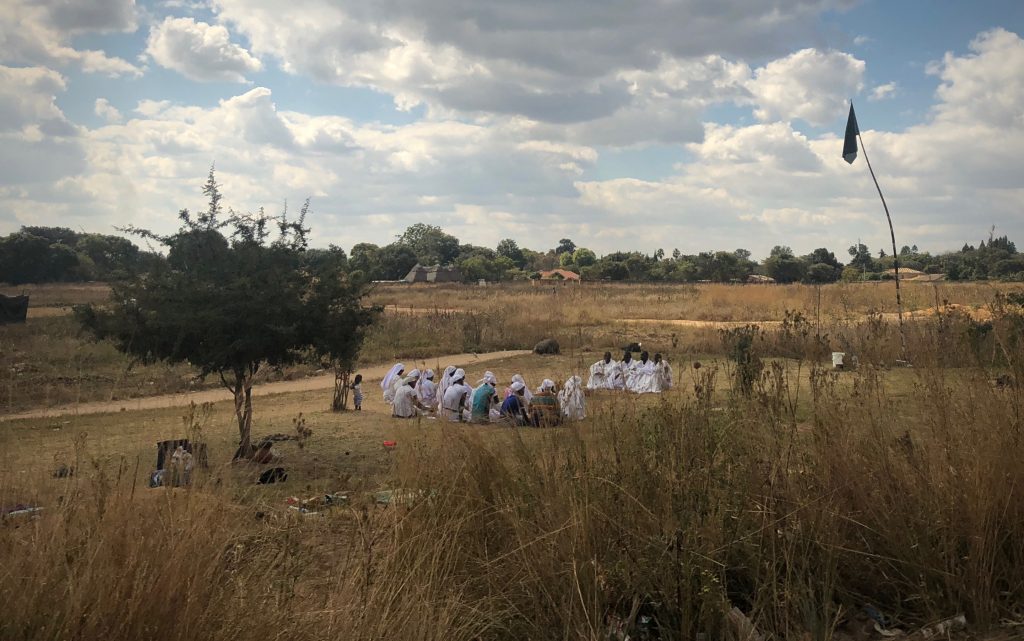
3 Comments
Corinne Cummings
August 10, 2018
Hi Alex — this blog post offered a lot of fantastic information. Before reading, I was unaware of the Apostolic Church. I can see how this religious group escalates the issue of child marriage. When I saw the title of your post, I immediately became extremely interested — I had a feeling in the back of my mind that you were going to touch on religion and its correlation to child marriage — I just didn’t know it what specific compacity. Thank you for sharing Evelyn’s story, I believe you mentioned her in your previous blog posting. Her story is absolutely heartbreaking. I appreciate her sharing this story for readers. Evelyn exudes tremendous strength. A mother separated from her child is unbelievably cruel — I hope she gets the justice she deserves and is one day soon reunited with her son. Excellent work, Alex. Your blogs never fail to impress me! Best, Corinne
iain
August 12, 2018
This is a really powerful, well-written and pretty devastating blog. Is there any kind of pressure that can be brought on the church – perhaps from the outside?
Princia Vas
August 20, 2018
I always learn something new whenever I read your blog posts and this was no different. Great work!